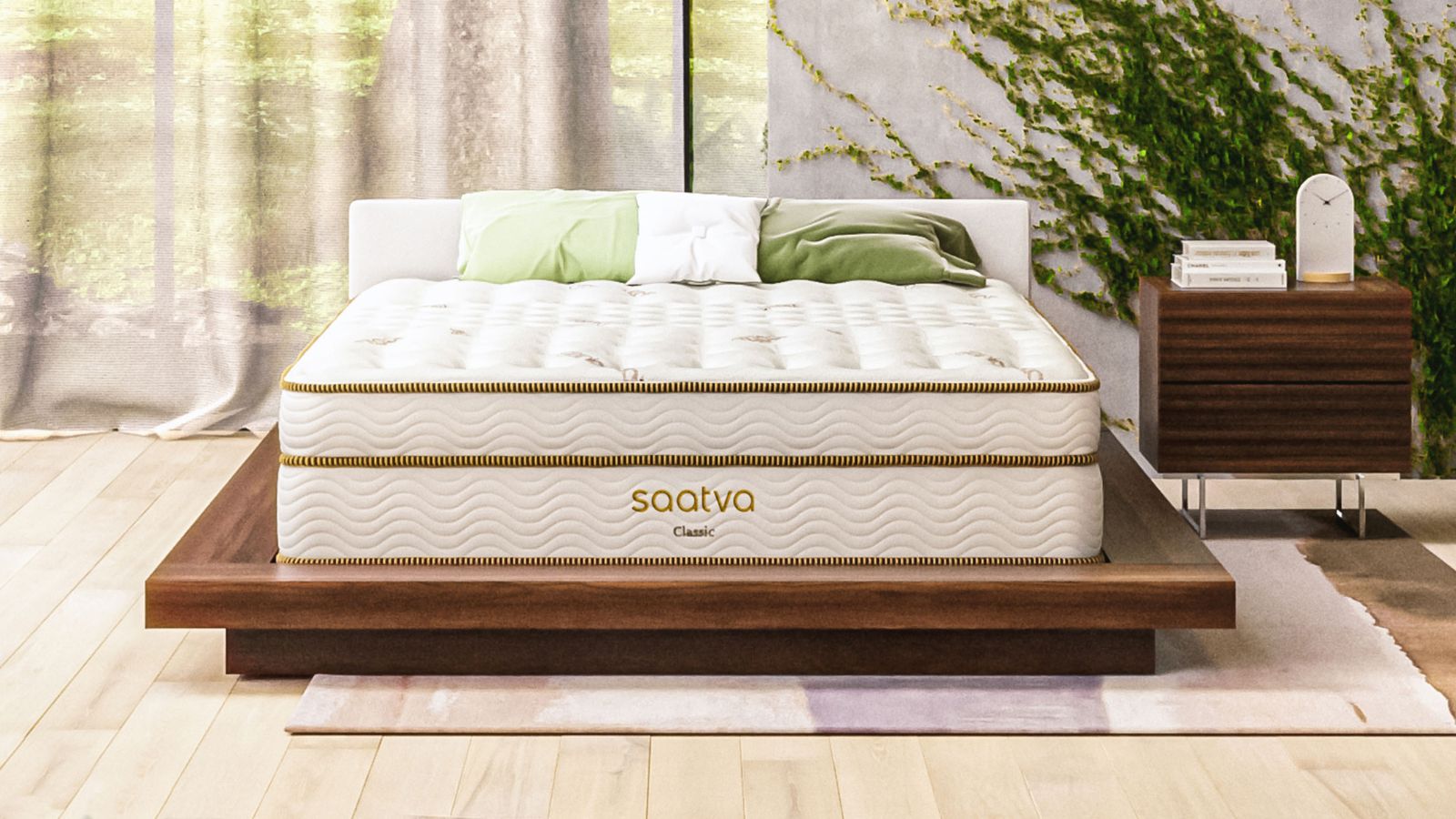
A simple Google search asking 'which mattress should I buy?' yields more than 83 million results in less than half a second. Many of the top results are sponsored posts from big-name brands, urging you to buy their mattress without knowing anything about you, your budget, or your sleep needs.
With so much on the market, it can be difficult to know where to start. That's where I come in. As H&G's resident sleep writer, I lead a team of expert testers to find the world's best mattress. No two testers sleep the same: some run hot, some run cold; some lie on their back, where others lie on their front or side; some are prepared to spend thousands on the best bed, where others are working within a tighter budget. As I get to know my team, I've learned that there's no such thing as the definitive 'best mattress': which mattress is best varies from sleeper to sleeper.
This article should give you all the tools to find your dream bed. I've outlined which mattress types suit which sorts of shoppers, focusing on sleep style, personal values, and budget constraints. To streamline your mattress shopping experience, I've even picked out a few of my favorite beds to suit every style of sleeper.
Which mattress should I buy?
Each and every mattress in this buying guide is tested and trusted by an H&G sleep expert. For the sake of a fair fight, we assess each mattress against the same criteria: comfort; support; breathability; motion isolation; edge support; and the all-important price. To learn more about how we test mattresses, consult our expert guide.
Shop by sleep position
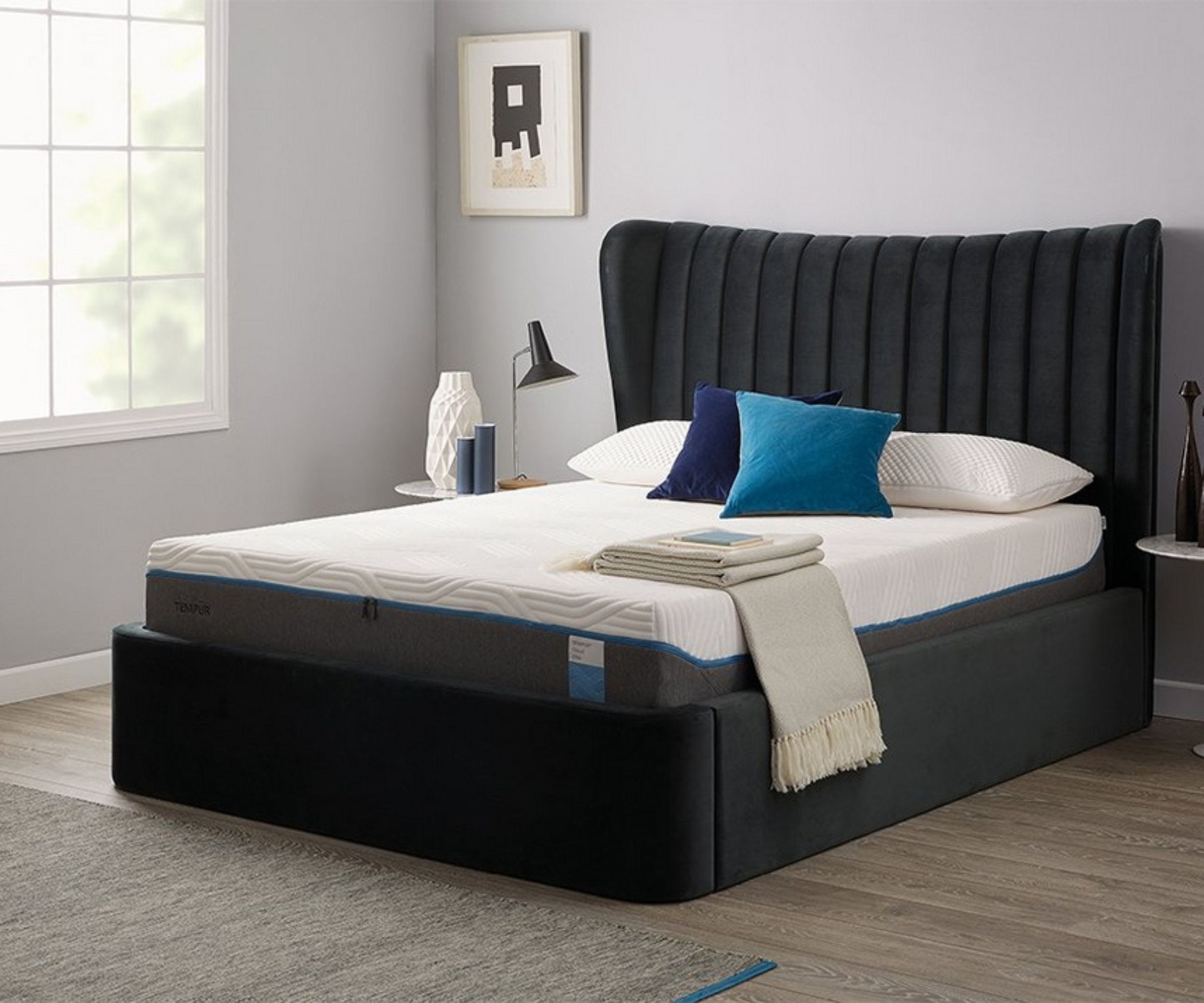
How you lie on the bed says a lot about you: it indicates where you feel aches and pains and informs where you put pressure on your body. It follows that different sorts of sleepers need different sorts of beds to sleep comfortably.
Keep your common sleep positions in mind as you consider mattress firmness. Most mattress brands rate their beds on a firmness scale of 1 to 10, where 1 feels super-soft and 10 is ultra-supportive. Other brands use words to describe mattress firmness: the scale goes from Soft to Firm, with Medium-Soft, Medium, and Medium-Firm in between.
If you sleep on your side, I suggest a Medium-Soft to Medium mattress, with plenty of give to bear your weight. The best mattresses for side sleepers are designed to cushion your joints and maintain the natural alignment of your spine.
If you sleep on your back, I recommend a Medium to Medium-Firm mattress. You're looking for a mattress with a bit of give to cushion your neck and shoulders, but not so much give that your hips start to sink.
If you sleep on your stomach, like I do, then you want a Medium-Firm to Firm mattress. A more supportive surface should allow your chest to sink a little, while lifting your lumbar region to promote proper spinal alignment.
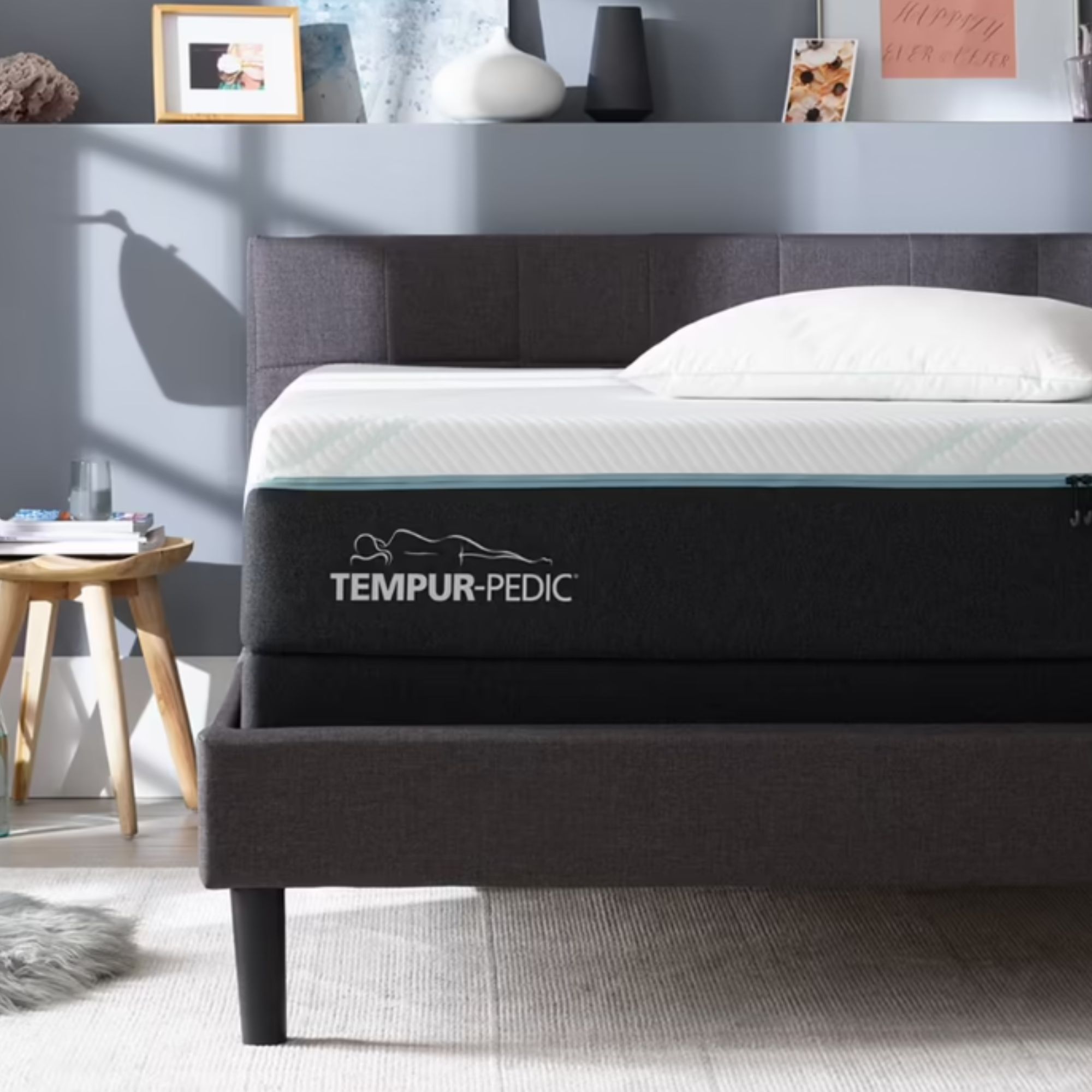
According to our expert testers, this is one of the best mattresses for side sleepers, particularly those who suffer from hip or shoulder pain. This hybrid mattress marries the plush comfort of memory foam with the enhanced support of an innerspring to help you sleep soundly.
You can find more detail in our Tempur-Pedic ProAdapt Mattress review.
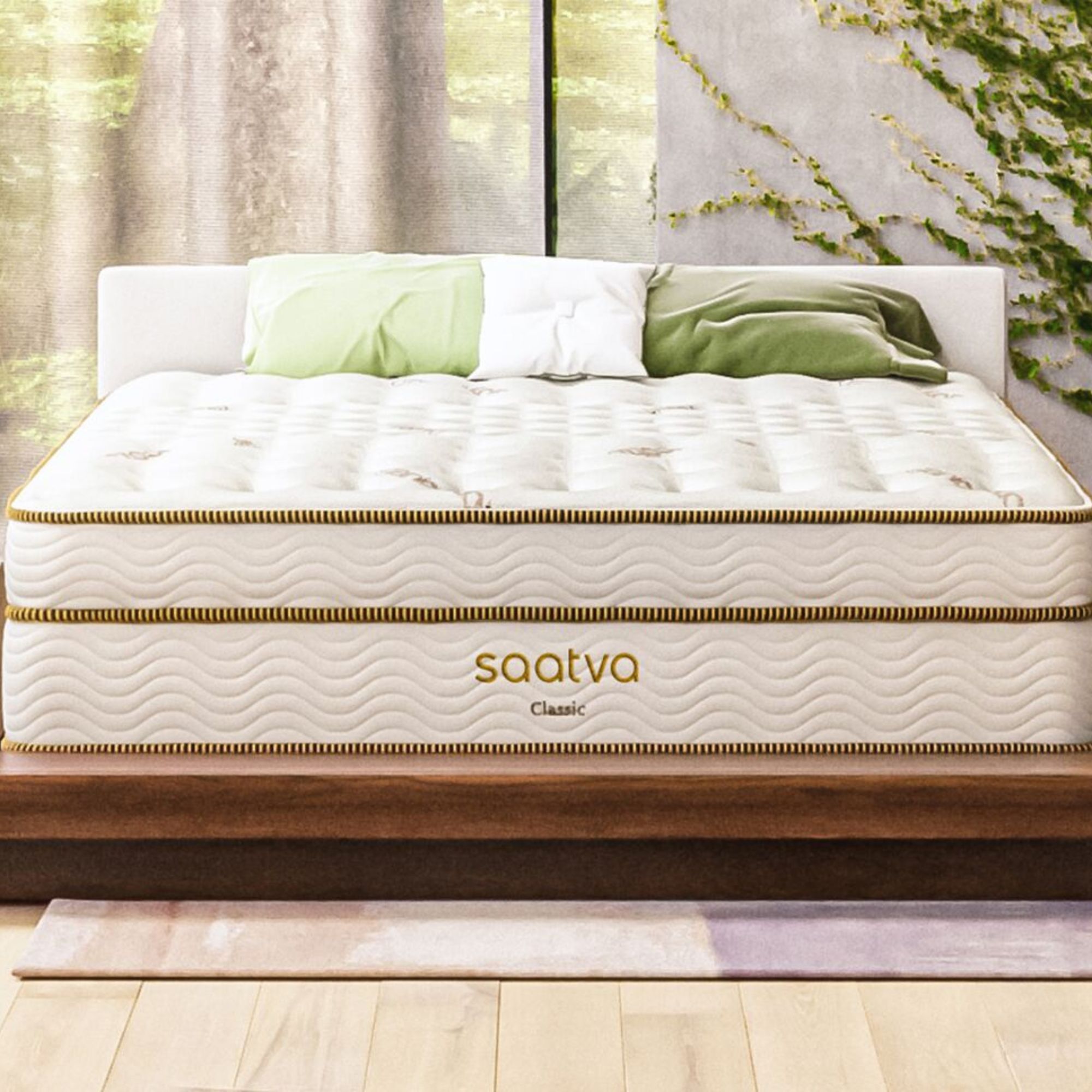
This isn't just the best mattress for back sleepers: it's the best mattress on the market. The Saatva Classic Mattress comes in three comfort levels to suit different sleep styles: I suggest the Luxury Firm for back sleepers, though you could always opt for the Firm or Plush Soft feel.
You can find more detail in our Saatva Classic Mattress review.
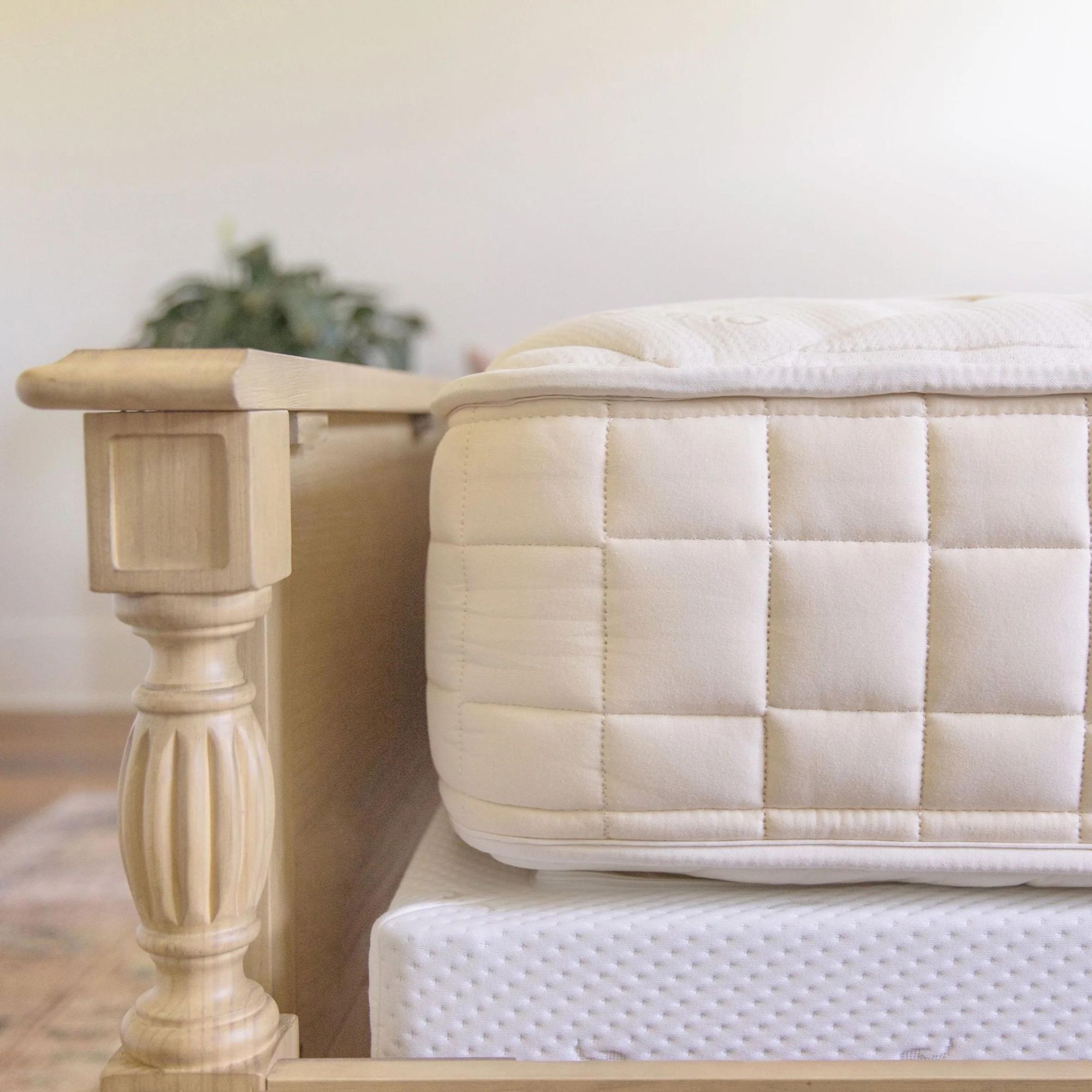
The best firm mattress is a perfect fit for stomach sleepers and anybody in need of some extra support. The Naturepedic Chorus Mattress is filled with individually wrapped coils to absorb motion, relieve pressure, and alleviate your aches and pains. For an innerspring, this mattress has impeccable motion isolation, so it's great for couples and light sleepers.
You can find more detail in our Naturepedic Chorus Mattress review.
Shop by temperature
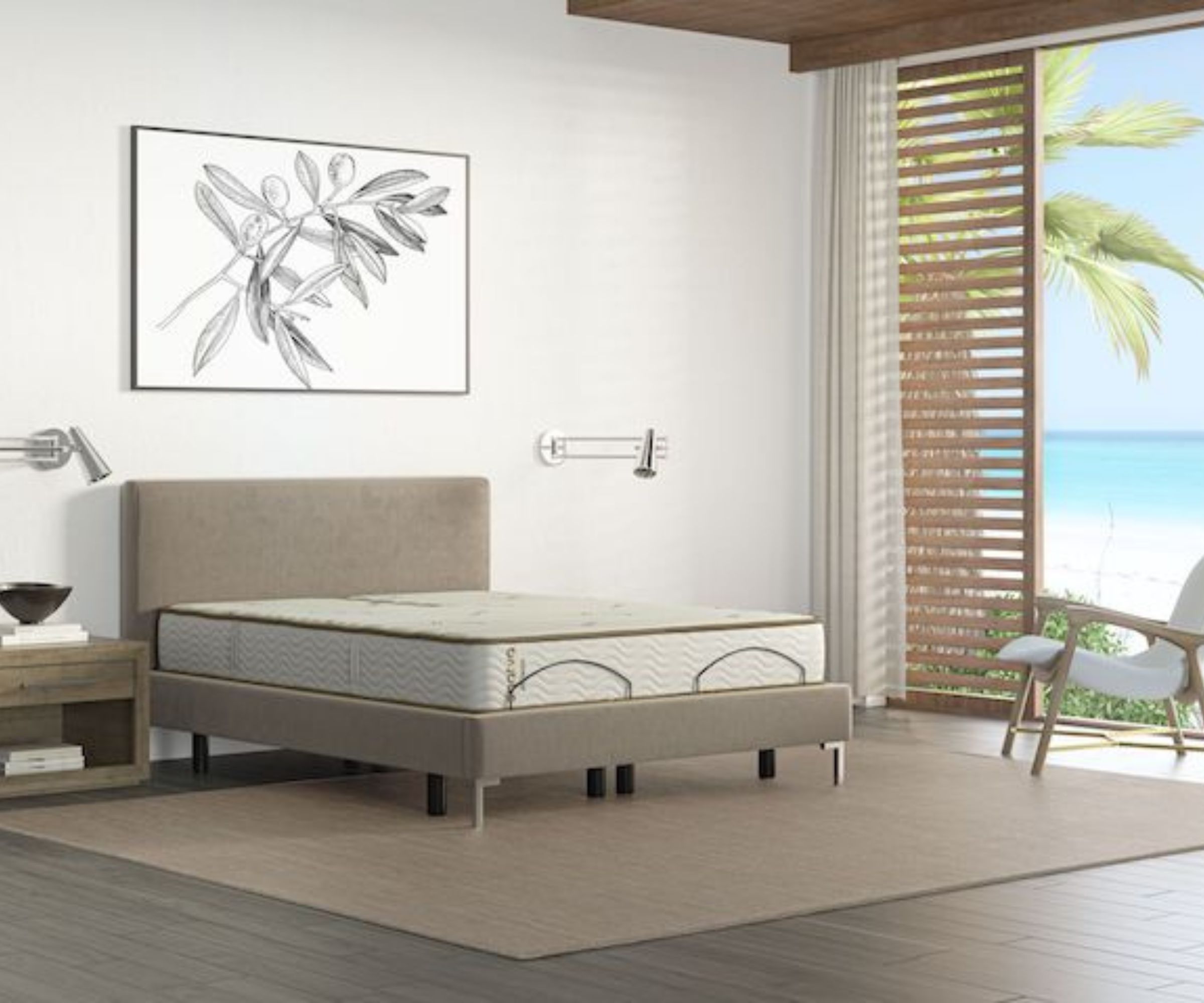
If you wake up with night sweats or hot flushes, or you simply tend to run a little warm, then you're what's known as a 'hot sleeper'. Consider one of the best cooling mattresses to dissipate heat, wick moisture, and block odors, so that you can wake up feeling fresh.
Hot sleepers should narrow their search for the best mattress to the most breathable models. That includes innersprings, hybrids, latex beds – basically, any mattress that isn't made from memory foam. All that thick foam tends to trap heat, which will only exacerbate your sweating.
If you love the look and feel of memory foam, but you're keen to sleep cool, then your best option is a gel mattress. These beds are filled with viscoelastic foam, the same stuff that makes up memory foam, only it gets mixed with gel beads. These beads make great conductors, so they're able to absorb your excess body heat, carrying it away from your body and out of the bed.
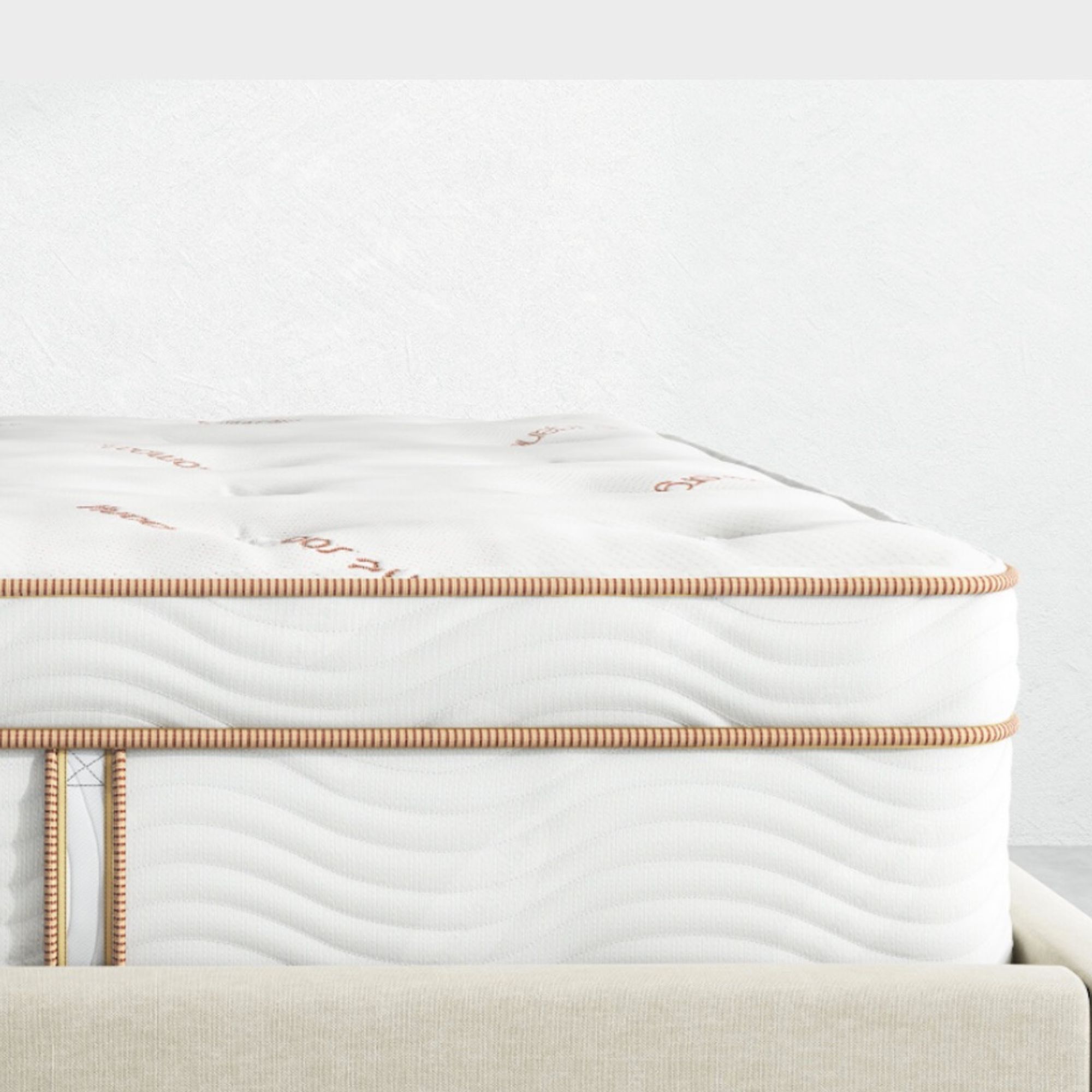
This hybrid mattress is filled with three inches of Talalay latex, which is filled with thousands of tiny air pockets to boost breathability throughout the bed. Latex feels springy and responsive, so it's a great option for back and stomach sleepers looking for a bed with a bit of bounce.
You can find more detail in our Saatva Latex Hybrid Mattress review.
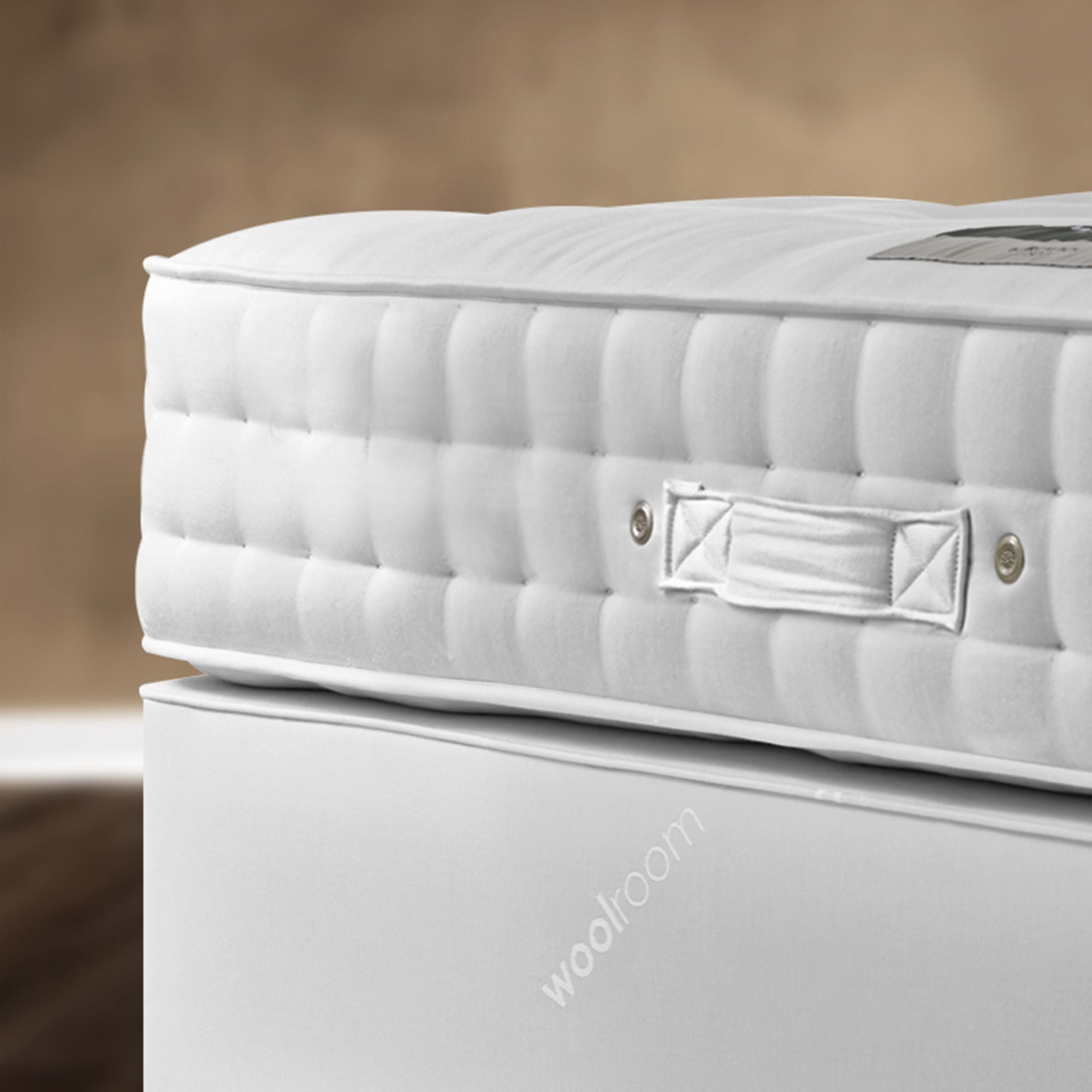
This organic mattress is filled with wool, which is naturally thermoregulating and moisture-wicking. In fact, wool can absorb up to a third of its weight in water without developing mold or mildew: good news for anybody who struggles with the night sweats.
You can find more detail in our Woolroom Hebridean 3000 Mattress review.
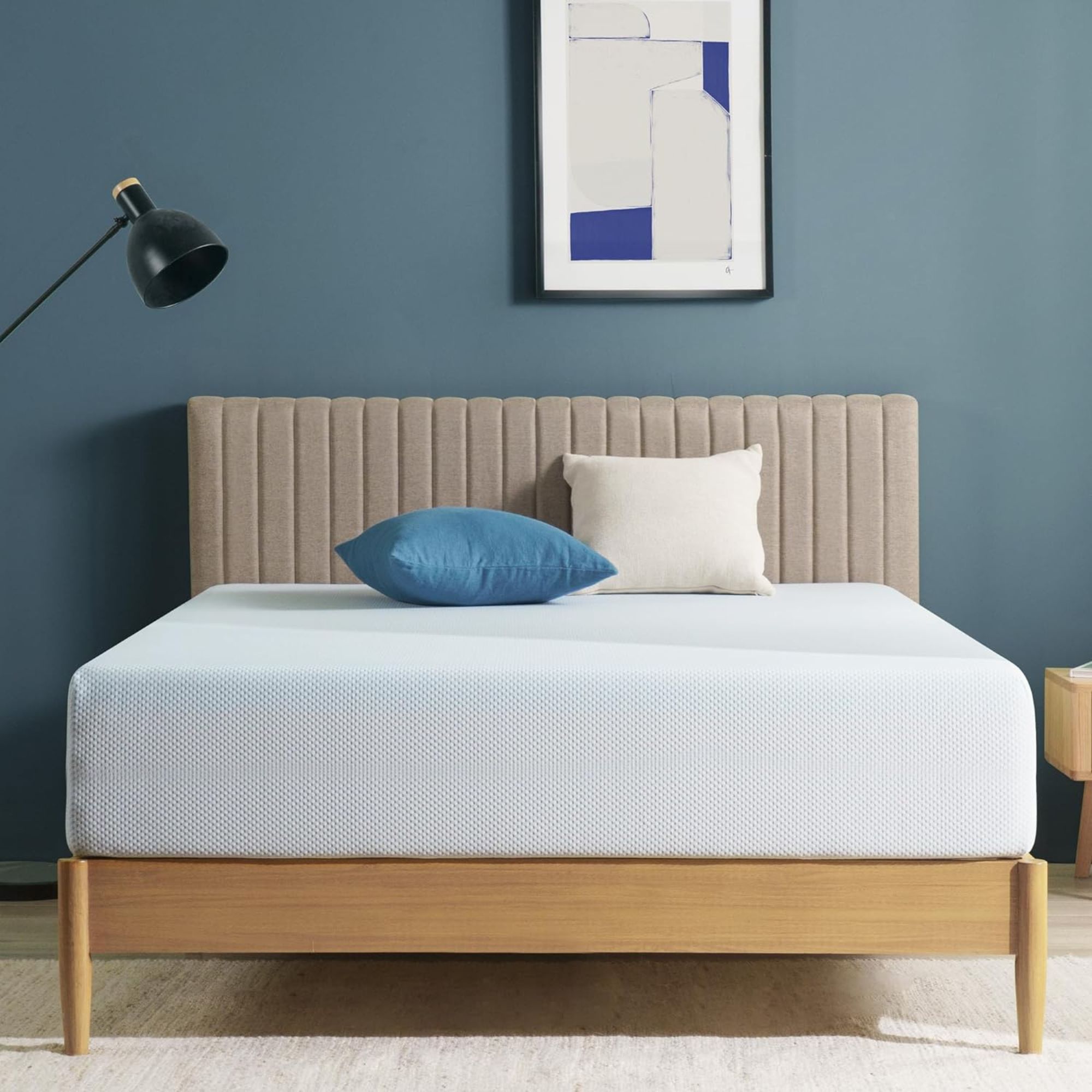
This gel mattress is the best option for hot sleepers who want the look and feel of memory foam, without the heat retention. Besides its cooling capacity, the Zinus Cooling Green Tea Mattress offers excellent edge support and outstanding motion isolation. I'd recommend it for anyone who shares a bed with a pet or partner.
You can find more detail in our Zinus Cooling Green Tea Mattress review.
Shop by sustainability
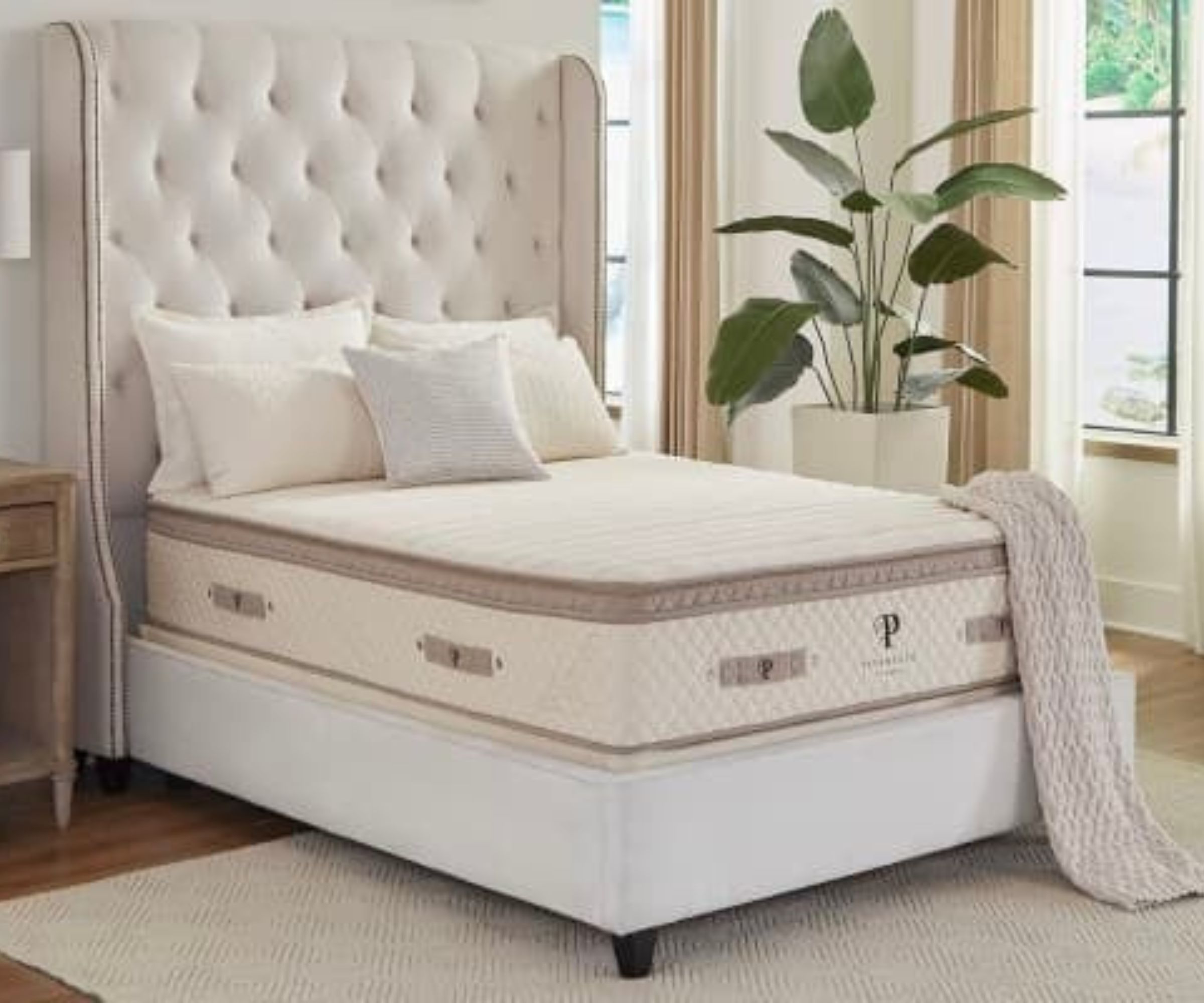
As an eco-conscious shopper, I've struggled to find a mattress that's made sustainably. One of our expert testers, Laura, prefers to purchase vegan products, and she's found it even harder to buy a vegan mattress that meets her sleep needs and comes in under budget.
The best organic mattress is undeniably expensive, but that's the price you pay for organic materials and ethical manufacture. You should prepare to spend between $1,500 and $2,500 to get an organic mattress in a Queen size.
Your average organic mattress is filled with natural latex, which is free from petroleum and harvested straight from the rubber tree. You'll find all sorts of natural materials in the mattress cover and comfort layers, including wool, cotton, and cashmere. If, like Laura, you're on the hunt for a vegan mattress, then look for beds that are made without wool.
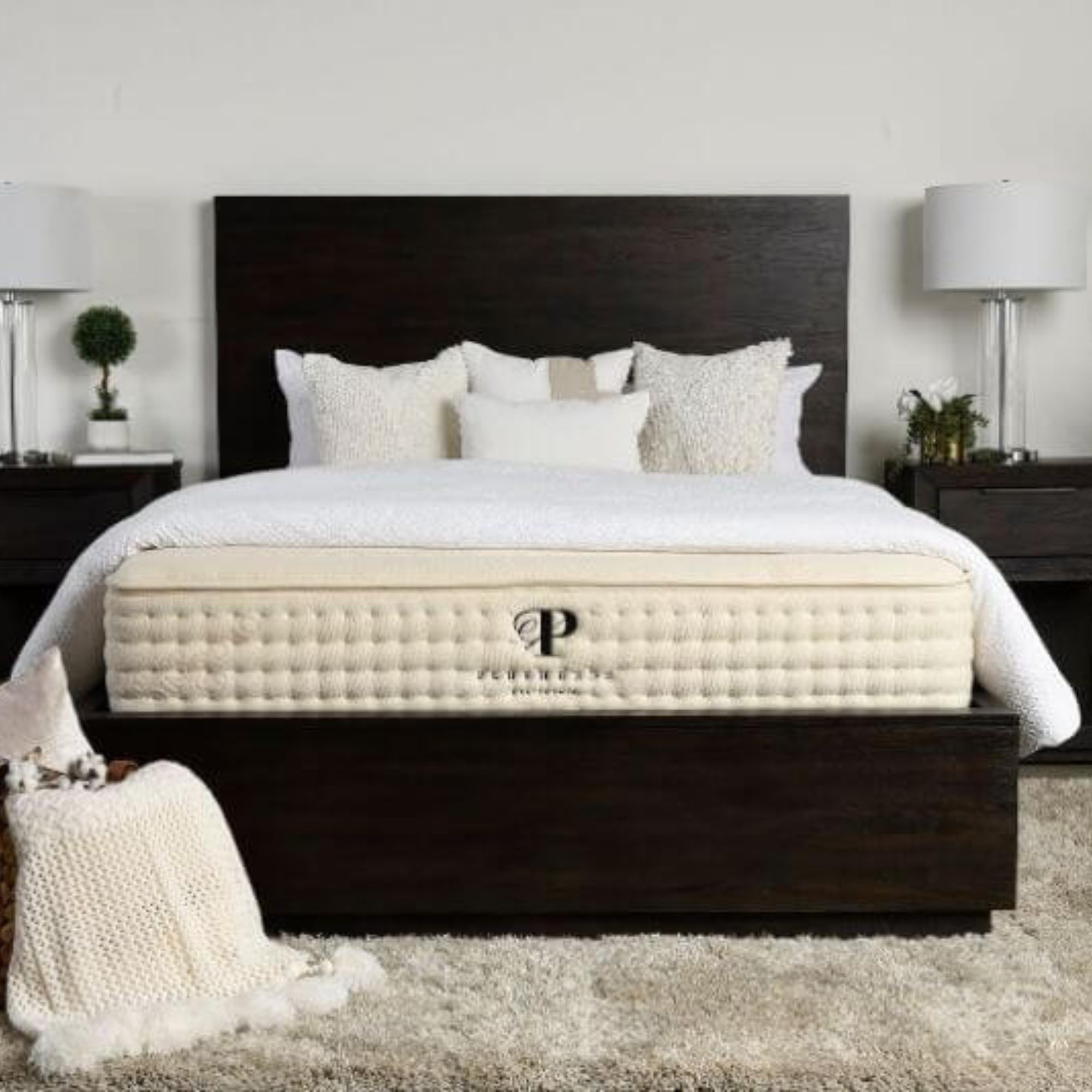
Our expert tester, Alex, fell in love with this latex mattress last summer, and she's still sleeping on it today. She's grown attached to the pressure relief and contouring comfort you get from natural latex. As a hot sleeper living in a 100-year-old house with next to no insulation, she particularly appreciates the cooling properties of this organic mattress.
You can find more detail in our PlushBeds Botanical Bliss Organic Latex Mattress review.
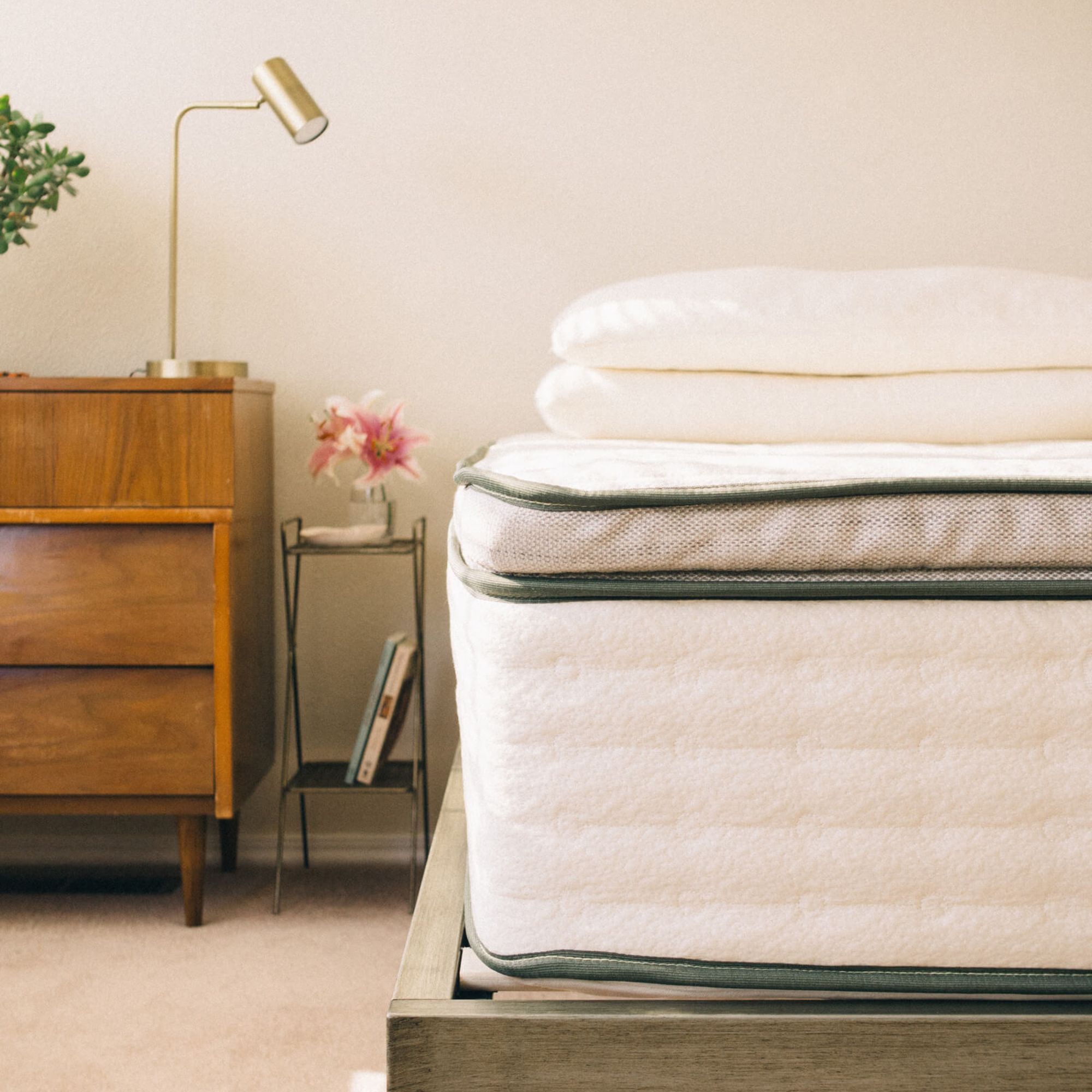
The Avocado Green Mattress comes in two iterations to suit every sort of shopper. There's the standard organic mattress, which is founded on springs, filled with natural latex, and topped with wool and cotton. Then, there's the Avocado Vegan Mattress, which offers the same cooling comfort and responsive support − just without wool.
You can find more detail in our Avocado Green Mattress review.
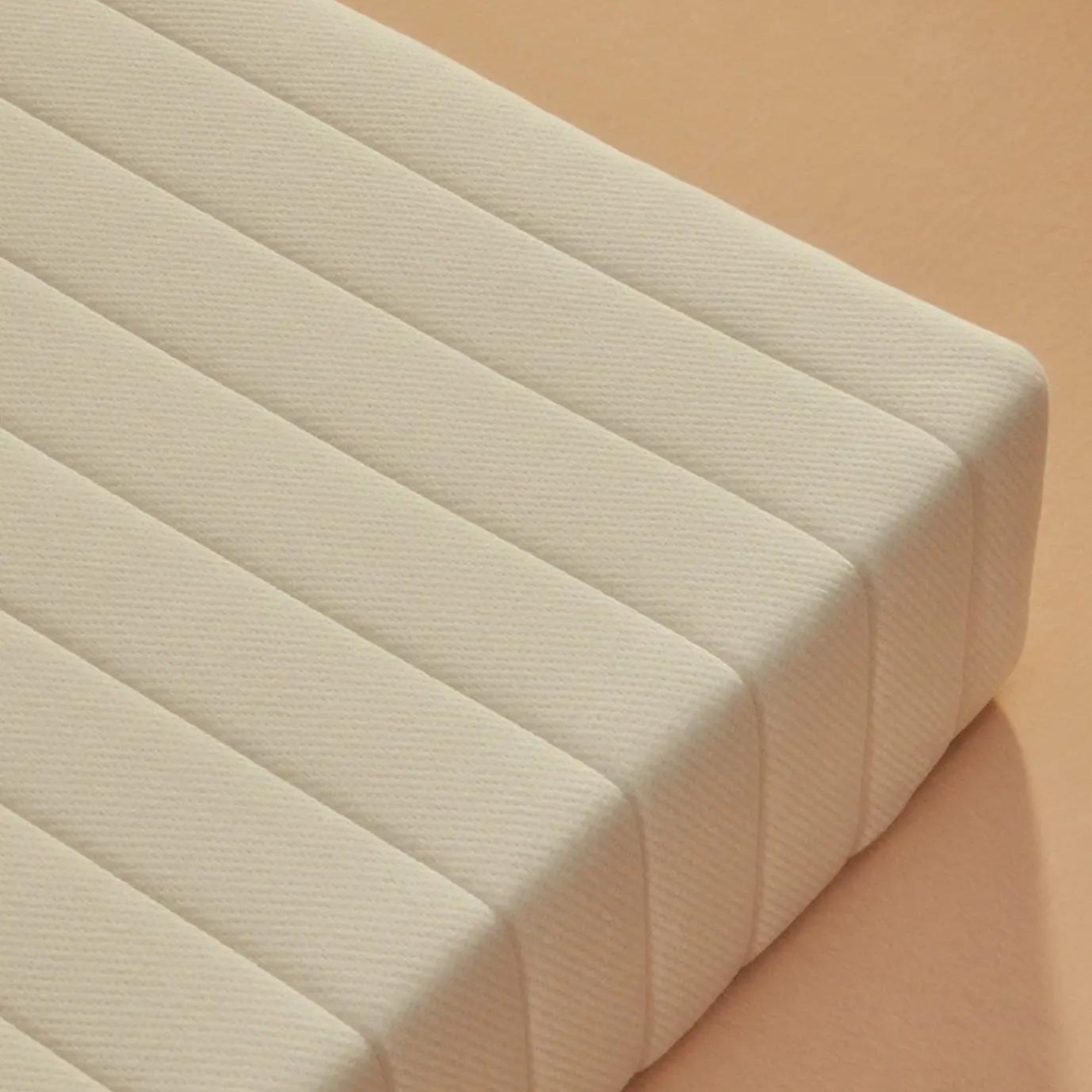
Although your average organic mattress costs several thousand dollars, the price of the Earthfoam Organic Mattress never wavers from $999 for a Queen. Founder Karl Shevick is determined to keep prices consistent so that shoppers can feel confident that they're paying a fair price for a great product.
You can find more detail in our Earthfoam Organic Mattress review.
Shop by budget
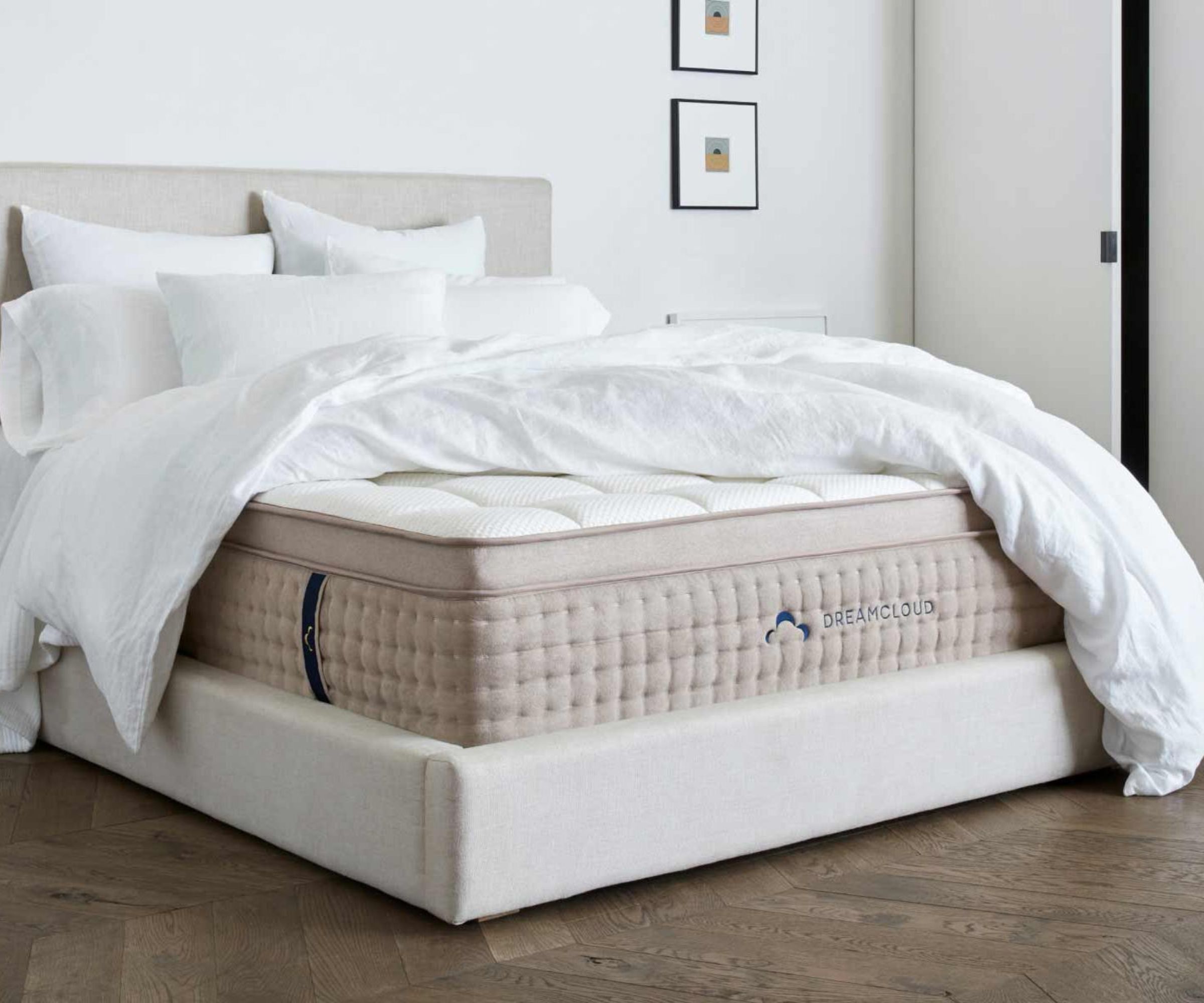
A lot of the best mattresses are seriously expensive. When you shop at the best places to buy a mattress, you can easily spend thousands of dollars on a Queen-sized bed. Once you've bought your new mattress, you'll need to shop for sheets, comforters, and quilts in the same size. The list goes on and the cost adds up.
If you're working with a tighter budget, I suggest you narrow your search to the best affordable mattress. It's possible to get plush foam and supportive springs for less than $1,000, especially when you shop the mattress sales.
If you've got some cash to spare, and you want to spend it on a brand new bed, you could consider the best luxury mattress. Think of it as a investment: you're spending a healthy sum now to avoid spending more on multiple, cheaper beds that wear out within a few years.
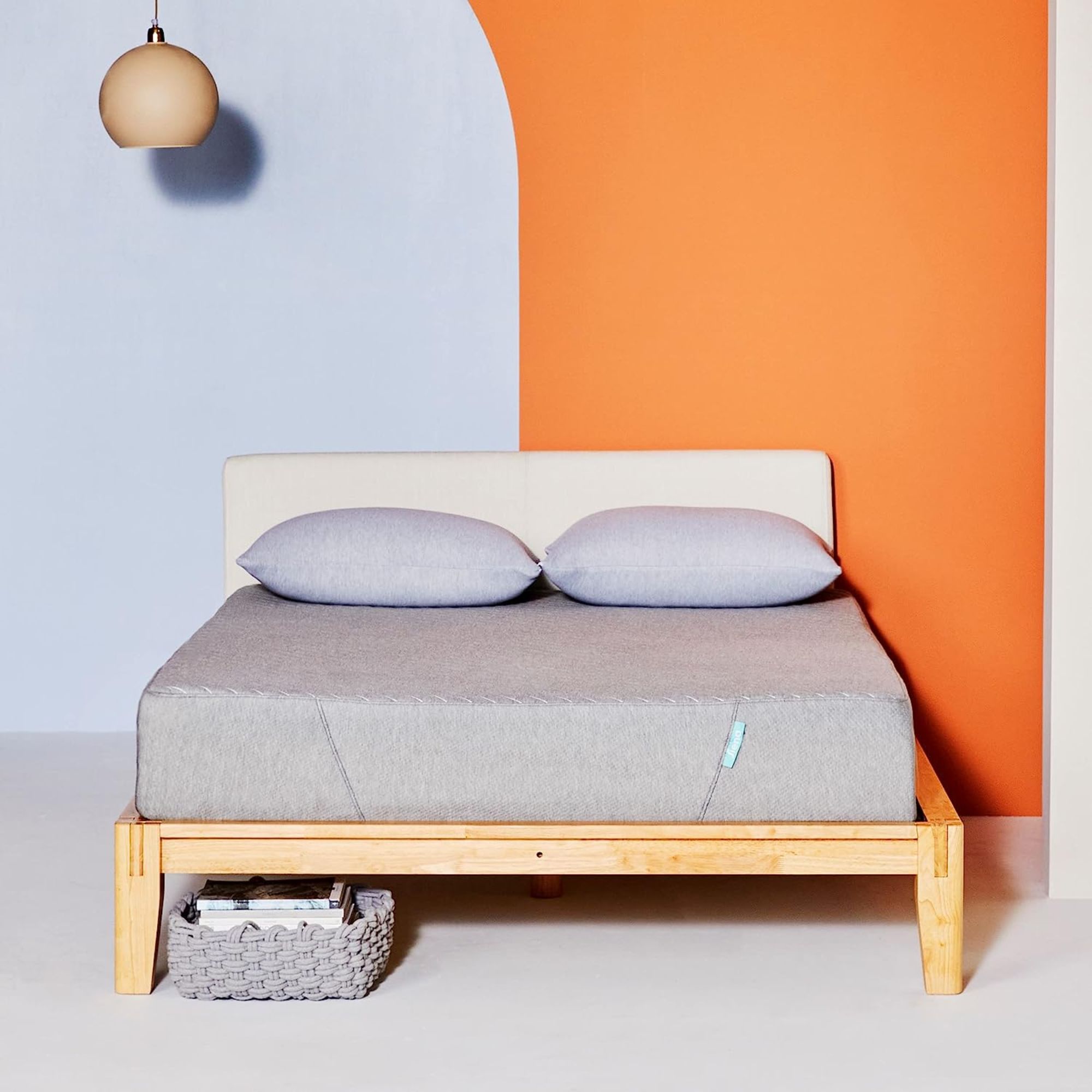
This is the cheapest bed we've ever tested. Ordinarily, such a low price would raise alarm bells for me, but our expert tester, Tonya, can vouch for the Siena Memory Foam Mattress. She says you get great support and minimal motion transfer for an incredibly affordable price.
You can find more details in our Siena Memory Foam Mattress review.
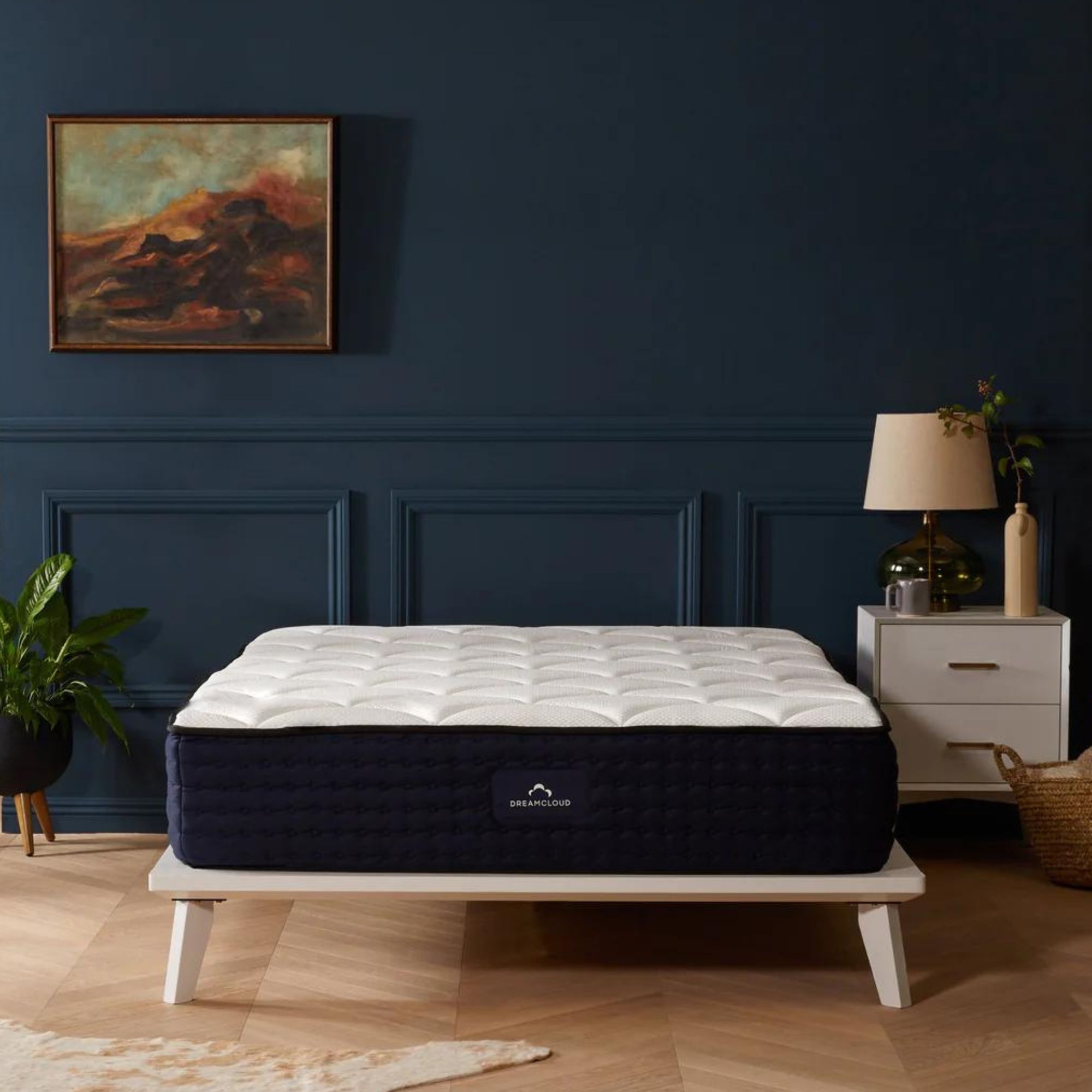
For a self-described 'luxury mattress', this bed is very reasonably priced. For just $665, you get excellent edge support, high-tech thermoregulation, and medium-firm support to suit all sleepers. My only gripe is the motion transfer, but that's par for the course with a hybrid mattress.
You can find more detail in our DreamCloud Luxury Hybrid Mattress review.
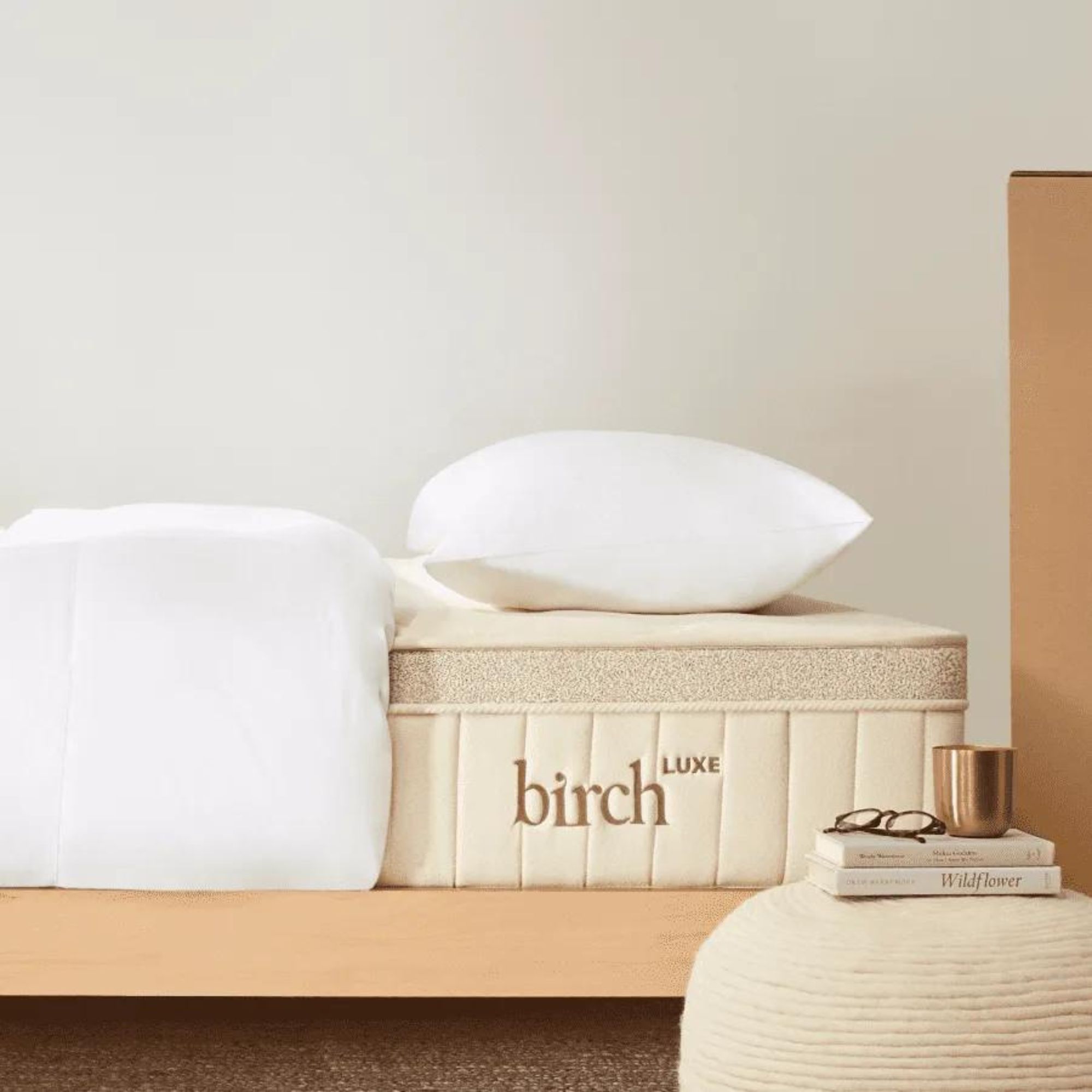
This luxury mattress is filled with organic latex, topped with organic wool and cotton, and wrapped in cooling cashmere. Compared to its predecessor, the Birch Natural, the Birch Luxe Natural Mattress sports enhanced edge support and ergonomic zones for body contouring.
You can find more detail in our Birch Luxe Natural Mattress review.
Which mattress should I buy FAQs
Where can I buy a mattress?
The best places to buy a mattress are specialist sleep stores, such as Saatva, Nectar, and Tempur-Pedic. That way, you can take advantage of site-specific sales and special offers. Plus, you get access to risk-free sleep trials, and you're protected by water-tight warranties.
Why are mattresses so expensive?
Short answer: because that's the price you pay for premium materials and expert craftsmanship. You should expect to spend at least $500 on a mattress to get a bed that's breathable and durable to meet your sleep needs.
With that said, you can always shop the mattress sales to bag a bed at a bargain price. Federal holidays bring big mattress discounts, but you can save throughout the year with site-specific sales.
Final thoughts
Once you've bought the mattress that best meets your needs, it's important to take good care of it. I recommend you pick up one of the best mattress protectors to guard against sweat, spills, and stains.
If you don't have the budget for a brand-new bed, but you're keen to upgrade your sleep, you could always invest in the best mattress topper. There are plush toppers to soften up inflexible beds, as well as firmer ones to stop you from sinking into a soft, sagging mattress – both for a fraction of the price of a new bed.







